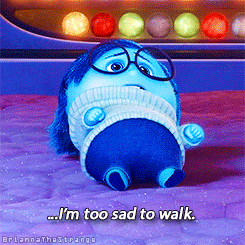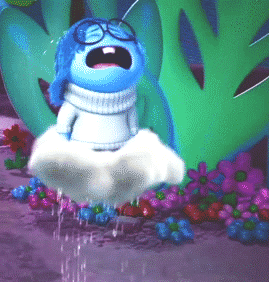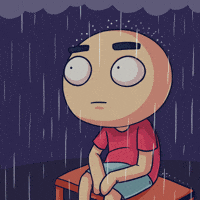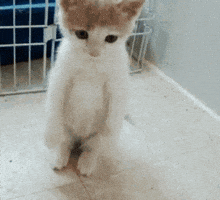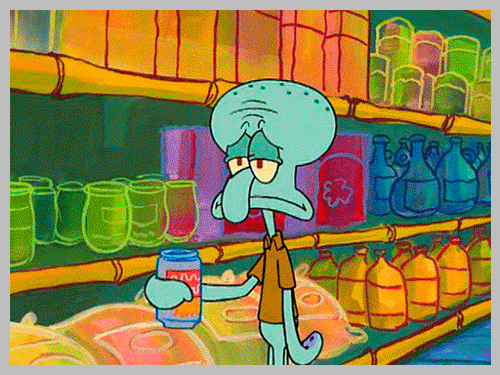One door closes & another door opens, cheers to many opportunities! And so many choices. Knocking our way through completing assignments. Climbing out of windows to breathe. Oh, to heartwork and vulnerability. As Palmer mentioned, "we teach who we are in times of darkness and times of light." The question then arises: How do we give & take before we break? And how much do we choose to share? All attempts to recognize the person within the teacher. All tries in the battle to close or self-disclose.
One door closes & another door opens. Entering UNT created new growth in many aspects of my life, including academically and socially. I recognized the friendships I formed within the Communication Studies department and how my peers helped spark confidence within myself. As an individual who prefers only talking when she needed to & listening before sharing, vulnerabilities sparked new realms of discovering my self-identity. The connection as a teacher to myself & in to turn to my students as well. To teach from my whole and to share lessons beyond the classroom. To share a part of me in everything I teach and all my stories.
I remember leading one of my students in the wrong direction for an assignment and told my mentor and peers, "My whole teaching career is over." As you may assume, they all agreed. Sarcasm there indeed. My mentor reminded me: "When you fall, you can get back up. Remember to breathe."
One realization in grad school: Everyone faces battles we may not always share. But all our feelings are valid, and we are in control to whom we close or self disclose.
To close or self disclose. As the semester went by, many of my students began facing struggles that went far beyond the classroom. In ways, I felt I could not fully grasp but wanted to help. A few students disclosed their difficulties with school and their battles outside, such as COVID, family, and mental health. I found myself trying to assure them by saying: "Thank you for sharing. I want to help in the best ways I can, as your instructor." Watching my students find their way through to learn or rather survive in all the levels of online education & maintaining a life outside of academia sparked so many commonalities within myself. I felt so focused to help, even in instances when I felt helpless. What a concept.
When my students, peers, and professors asked how I was doing, I found myself replying in 2 ways with a huge smile on my face: "My life turned into a school and I'm drowning, but that's ok." or "I think I'm ok." I attempt to be candor in my words, yet my actions always presume a sense of stress within myself. The stress to the point where you are not stressed. The stress when you become numb.
I needed to take a step back and breathe. Allow myself to feel, even when life becomes difficult. To remind myself that how I feel matters. And that I can mutually lean on others and support my colleagues through the #journeyofuncertainty as well. The journey can become rough, but sometimes relating in the roughness can help. And an attempt of a good weekly cry can too.
One way to open doors: Accept the care people offer to you.
Baby steps to knock through the barriers that get in the way. Recognizing the strong foundation and support among the busy neighborhood of thoughts. Learning how to accept all the challenges that we must face. One door opens, and another door closes. What are you letting in, my friends? #journeyofuncertainty







